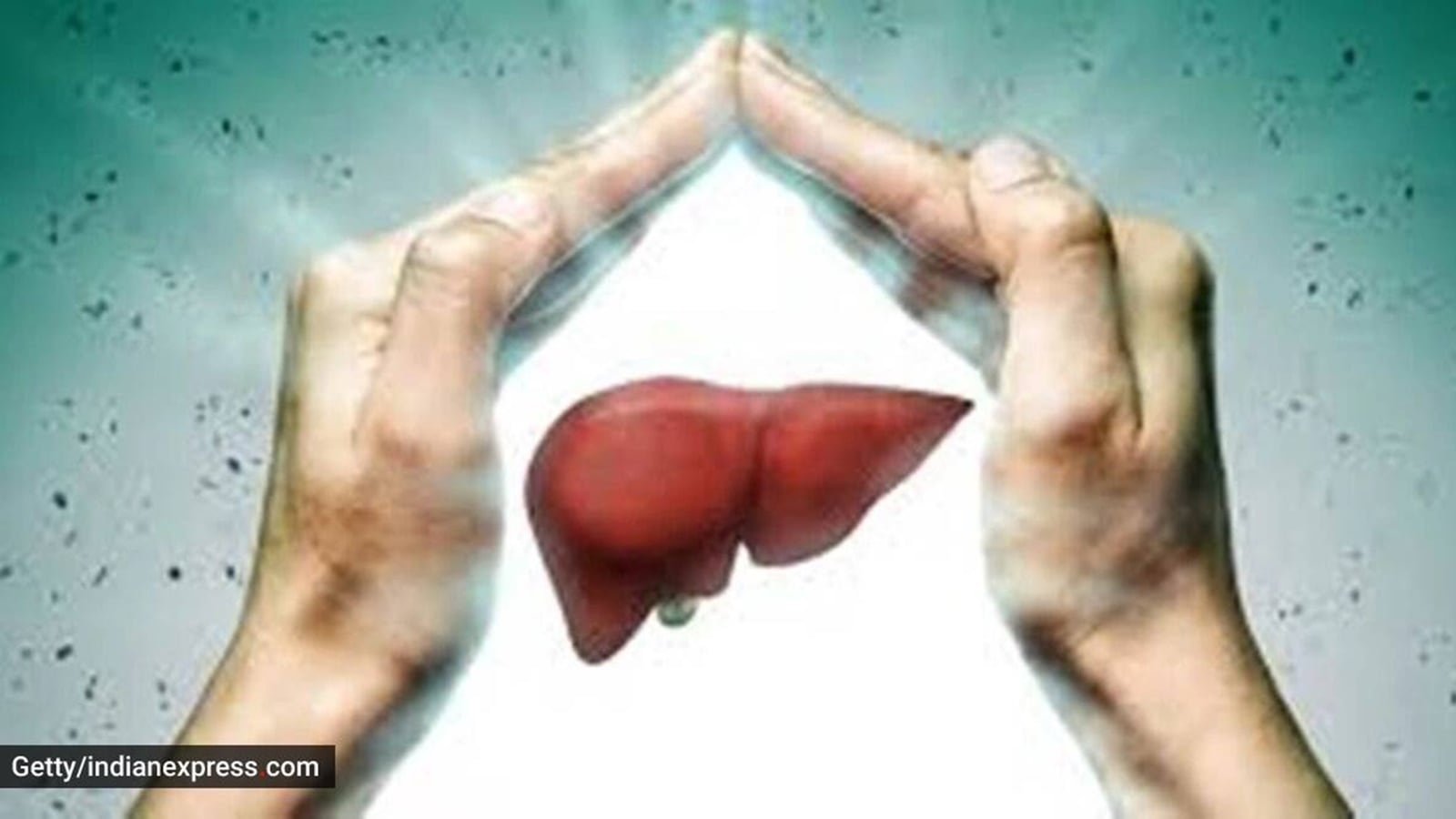After sharing the herbs he includes in his diet and the snacks he eats for energy, Harvard-trained gastroenterologist Dr Saurabh Sethi recently revealed the three most harmful foods he avoids to protect his liver health. “3 foods I avoid as a liver specialist to protect my liver. The last one is a surprise for most people,” he said in an Instagram reel.
He listed the following foods.
Fructose-heavy foods – Fructose is commonly found in sugary drinks and processed snacks and is handled almost entirely by the liver. This can lead to the accumulation of fat over time, increasing the risk of fatty liver disease.
Industrial seed oils – Like soybean, corn and sunflower. These are high in Omega-6 fats. When consumed in excess, they can fuel inflammation and oxidative stress, which are both harmful to the liver.
 Are you eating healthy? (Photo: Getty Images/Thinkstock)
Are you eating healthy? (Photo: Getty Images/Thinkstock)
Fruit juices – Even 100 per cent natural juices pack a high fructose load and no fibre, said Dr Sethi, adding that it causes blood sugar spikes which can drive fat storage in the liver.
Taking a cue from his revelation, we consulted a nutritionist to gain a deeper understanding.
Dt. Deepali Sharma, a clinical nutritionist at CK Birla Hospital, Delhi, affirmed that excessive intake of fructose impacts liver health. “While fructose is naturally present in fruits, vegetables, and honey, when consumed in moderation and its natural form, it can be part of a balanced diet and does not harm the body. However, when fructose is consumed in excessive amounts, especially in the form of fructose syrups like corn syrup, malt syrup, or through sugary drinks and carbonated beverages, it can negatively impact your liver,” said Sharma.
The liver converts fructose into fat, and excessive intake can lead to fat accumulation in the liver, a condition known as Non-Alcoholic Fatty Liver Disease (NAFLD), now referred to as MASLD (Metabolic dysfunction-associated steatotic liver disease). “Over time, this fat buildup can cause inflammation and eventually liver damage. Therefore, it’s essential to limit the consumption of fructose, sucrose, simple carbohydrates, and malt-based sugar products. Overconsumption of such sugary products contributes to liver issues and overall metabolic problems,” Sharma explained.
Story continues below this ad
Use of commercial seed oils, such as corn oil, sunflower oil, soybean oil, and canola oil, can also “adversely affect liver health, especially when they are reused, overheated, or used for deep frying repeatedly”, said Sharma. “This repeated heating causes the oil to break down and release harmful compounds. Sunflower and soybean oils are particularly problematic in this regard,” said Sharma.
These oils, when consumed in excess, can promote inflammation and contribute to various chronic health conditions, including liver disorders. “To protect your liver, it’s best to either limit the use of such oils or switch to healthier cooking alternatives. Avoid reheating oils and deep frying with them. Any excessive oil consumption can lead to inflammation, fat accumulation, and eventually fatty liver,” said Sharma.
Sharma also noted that long-term or high-dose consumption of fish oil has been linked to fatty liver disease, which is something to keep in mind, even though fish oil is often considered healthy in moderation.
Agreeing with Dr Sethi, Sharma said that even fresh or cold-pressed juices are essentially simple sugars and provide empty calories. “They lack fibre, which is crucial for digestion, gut health, lipid profile regulation, and fat metabolism. Without fibre, fruit juice becomes just another sugary drink that can lead to fatty liver and inflammation over time. So, even if the juice is made fresh at home, it is not ideal for liver health. Avoid fruit juices and instead opt for whole fruits, which provide essential fibre along with natural sugars,” Sharma said.
Story continues below this ad
DISCLAIMER: This article is based on information from the public domain and/or the experts we spoke to. Always consult your health practitioner before starting any routine.

